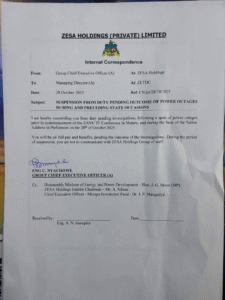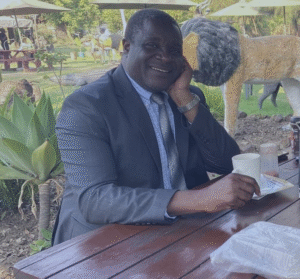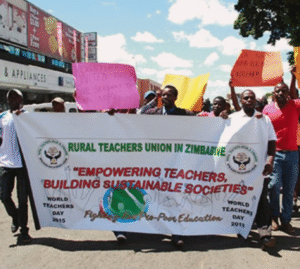MNANGAGWA’S PLAN TO STAY IN POWER FACES CONSTITUTIONAL BLOCK
President Emmerson Mnangagwa held a meeting at his farm over the weekend with Zanu PF and main opposition CCC legislators. The goal was to gain support for his controversial plan to extend his time in office beyond the constitutional limit of 2028 to 2030. However, under Zimbabwe’s constitution, parliament does not have the legal power to postpone elections and extend his term.
Mnangagwa has publicly denied that he wants to hold onto power. He calls himself a “constitutionalist” and says he respects the law. But many people find this claim ironic because he first came to power through a military coup. Despite his denial, his close allies and supporters are working on the 2030 plan at his request. This plan faces many challenges, including resistance from some of his own party members and legal hurdles.
At first, Mnangagwa and his allies seemed to consider going for a third term, which would mean running in the 2028 elections again. However, they soon realized this would be very difficult. Winning another election would be a huge challenge. Now, they have decided to push for an extension of his term by two years without holding an election. This plan would allow Mnangagwa to stay in power until 2030 without facing voters.
Legal experts have made it clear that such a move would be against the constitution. Parliament does not have the authority to extend the terms of office for the president or the Members of Parliament (MPs). If they try to do so, they would be violating the constitution and breaking the law. This has put Mnangagwa and his allies in a very tough spot.
The opposition to Mnangagwa’s plan is not only coming from outside his party. Some members of Zanu PF, including Vice President Constantino Chiwenga, are also against the idea. Chiwenga is a powerful figure within the ruling party, and he is backed by the military. This creates more problems for Mnangagwa as he tries to push forward with his plan. Without full support from his party, it will be even harder for him to succeed.
This situation has left Mnangagwa and his supporters in a difficult position. They want to extend his term, but the law does not allow it. At the same time, he is facing resistance from within his own party and from the opposition. For now, it seems his plan to stay in power until 2030 is far from guaranteed.
The battle over Mnangagwa’s future is likely to continue, but one thing is clear: the constitution and the law are not on his side.




